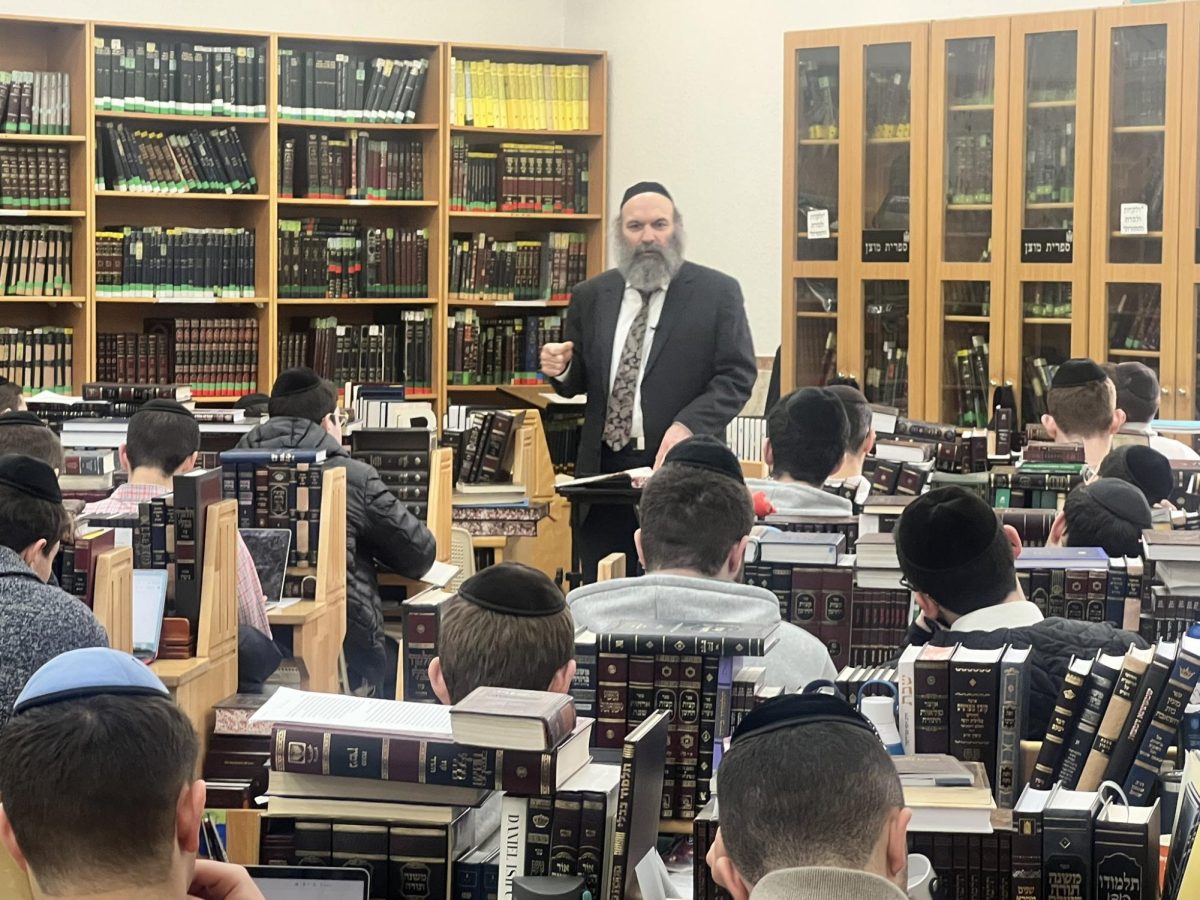Parshat Tetzaveh is a special parsha because it is the only parsha from when Moshe is introduced in Sefer Shemot until the end of the Torah where his name is written. Instead, Hashem commands, “ואת֞ה תצו֣ה”—“And you shall command” (Shemot 27:20), talking to Moshe directly without saying his name. Many commentators explain that this is connected to the fact that Moshe sacrificed himself after the Cheit Haegel saying, “Erase me from Your book” (Shemot 32:32). Though Hashem did not erase him completely, his name is not written in this parsha.
This idea of hiddenness can be used in Megillat Esther, where Hashem’s name is also never written. The story of Purim is a great symbol of Hashem’s hester panim,when Hashem hides from the jewish people and doesn’t clearly show his miracles and does his miracles behind the scenes, guiding events through natural things. Just as Moshe is “hidden” in Tetzaveh yet still is important to the parsha, Kal Vichomer (so too) Hashem is “hidden” in Megillat Esther but is guiding all that is happening.
Today, Am Yisrael faces a war that brings pain to all of the nation, similar to what the Jewish people faced in Shushan. The enemies of Israel, then and now, want to destroy us, but history proves that we are never alone. Even when Hashem is hester panim, He is always guiding us, ensuring our nation’s will survive, even if we don’t always see his miracles.
Rashi on the first pasuk of Tetzaveh comments on the phrase “ויקח֨ו אל֜יך ש֣מן ז֥ית ז֛ך” – “And they shall take to you pure olive oil” (Shemot 27:20). Rashi explains that the oil for the menorah had to be pure which teaches that only the purist oil was allowed to light the mishkan.
This is very similar to the message of Purim and today’s struggles. Olive oil is produced by crushing olives, yet it creates pure light. Likewise, the Jewish people are often “crushed” by other nations, but from this pressure comes a bright emunah in hashem that could never be destroyed.






